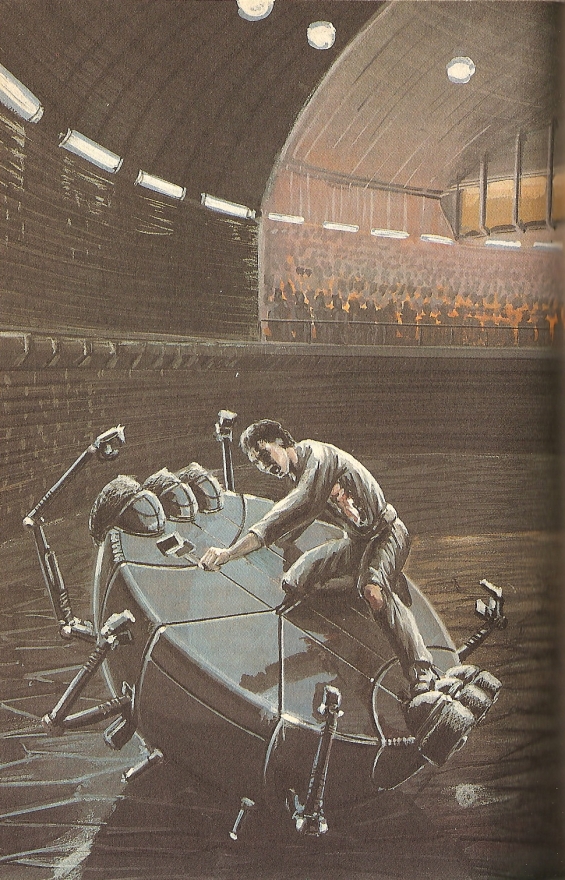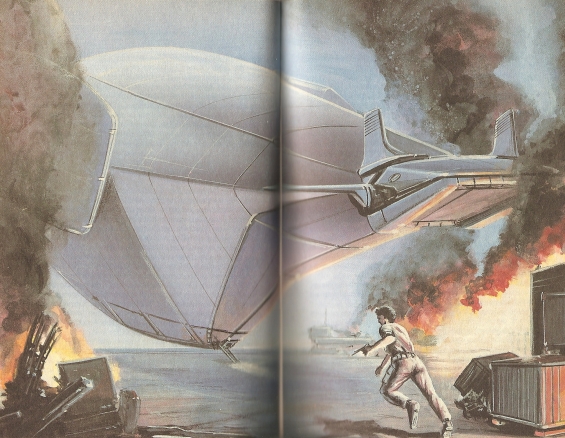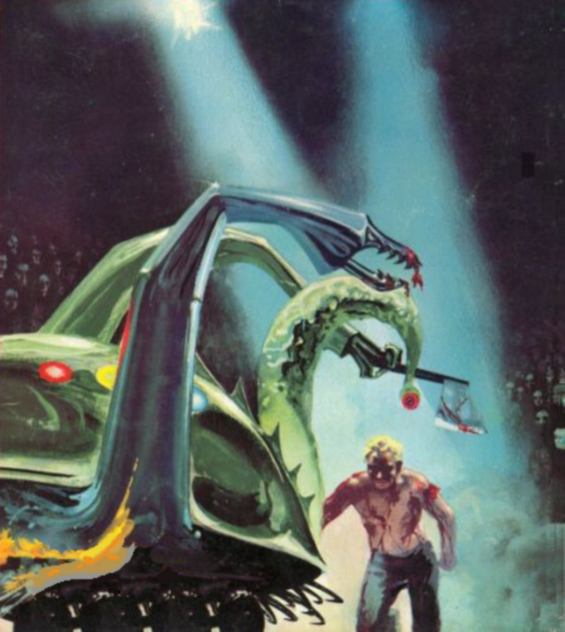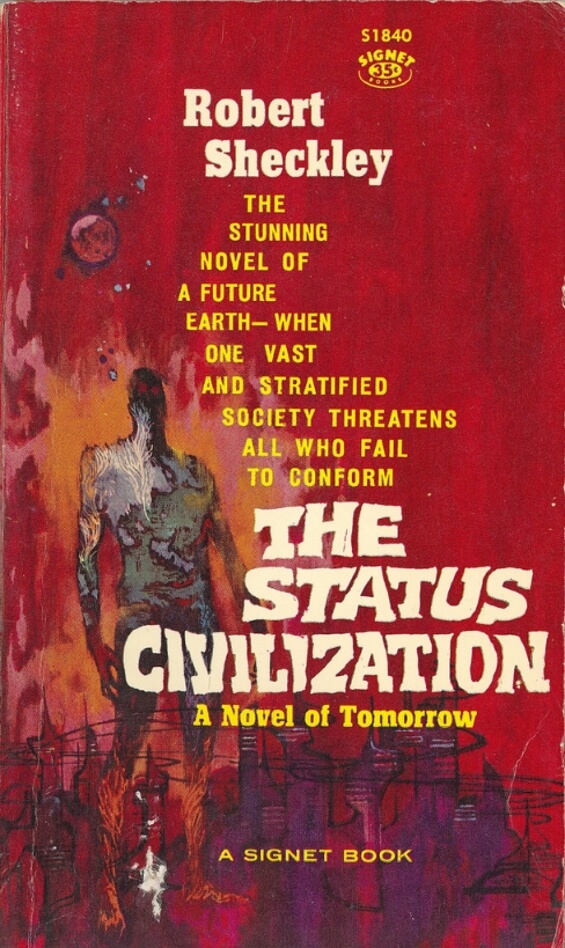
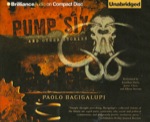 Pump Six and Other Stories
Pump Six and Other Stories
By Paolo Bacigalupi; Read by Jonathan Davis, James Chen, and Eileen Stevens
11 CDs – Approx. 13 Hours [UNABRIDGED]
Publisher: Brilliance Audio
Published: December 1, 2010
ISBN: 9781441892201
Themes: / Science Fiction / Dystopia / Biopunk / Politics / Society/ Environmentalism / Technology / Food / Death / Thailand / Asia /
The eleven* stories in Pump Six chart the evolution of Paolo Bacigalupi’s work, including the Hugo nominated “Yellow Card Man,” and the Sturgeon Award-winning story “The Calorie Man,” both set in the world of his novel The Windup Girl. This collection also demonstrates the power and reach of the science fiction short story. Social criticism, political parable, and environmental advocacy lie at the center of Bacigalupi’s work. Each of the stories herein is at once a warning and a celebration of the tragic comedy of the human experience.
Let me get the praise out of the way first: Paolo Bacigalupi is an imaginative genius with a message. At times the writing is brilliant. “The Fluted Girl” is excellent, well-written, surely a classic. Every idea in every story is worthy of exploration and consideration and the three narrators are just fine, thanks. His views of dystopia are clever warnings; his ideas endlessly fresh and characters sympathetic. Slow pace is forgivable in his stories, like home-cooked food, worth the wait. James Chen’s reading of the Chinese accents is a great addition to the appropriate stories.
But there are problems. I don’t like having a book of short stories that doesn’t list the names – I shouldn’t have to look on-line for names of the stories and the order in which they appear. I also feel strongly that there is a missing editor. Some of the stories feel as though they are not in final draft version. If I had the print version, my teacher’s red pen would have been in hand marking suggestions for edits. Some information seemed more than unnecessary to the stories (these are short stories after all). It is disappointing that such genius is allowed “out” without polish. Is it possible that the world he created in Pump Six, where literacy has all but disappeared, is actually at its beginning, or did Paolo do it on purpose to see if we are paying attention?
Should you listen to this audiobook? Yes. Brilliant, not perfect, but should definitely not be missed.
*Only ten stories included in the audiobook:
Pocketful Of Dharma • (1999) • novelette • read by James Chen
The Fluted Girl • (2003) • novelette • read by Eileen Stevens
The People Of Sand and Slag • (2004) • novelette • read by James Chen
The Pasho • (2004) • novelette • read by Jonathan Davis
The Calorie Man • [The Windup Universe] • (2005) • novelette • read by Jonathan Davis
The Tamarisk Hunter • (2006) • short story • read by Jonathan Davis
Pop Squad • (2006) • novelette • read by Jonathan Davis
Yellow Card Man • [The Windup Universe] • (2006) • novelette • read by James Chen
Softer • (2007) • short story • read by James Chen
Pump Six • (2008) • novelette • read by Jonathan Davis
Posted by Elaine Willis
 The World Until Yesterday: What Can We Learn from Traditional Societies?
The World Until Yesterday: What Can We Learn from Traditional Societies?

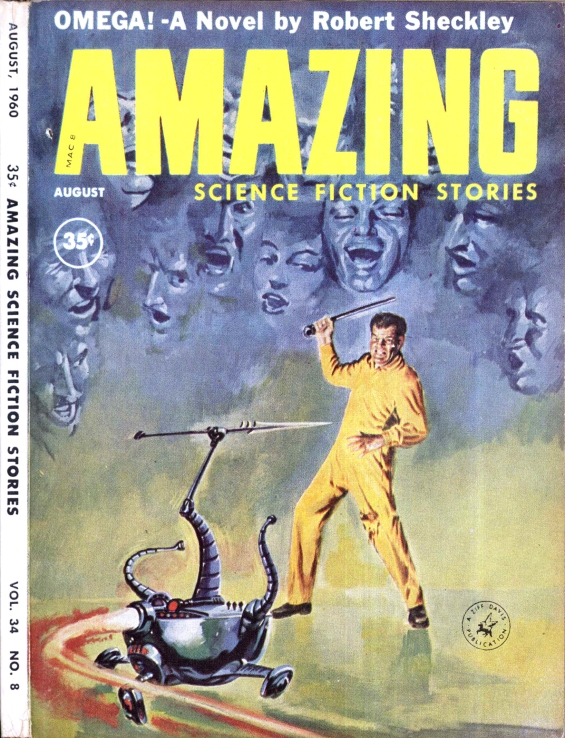
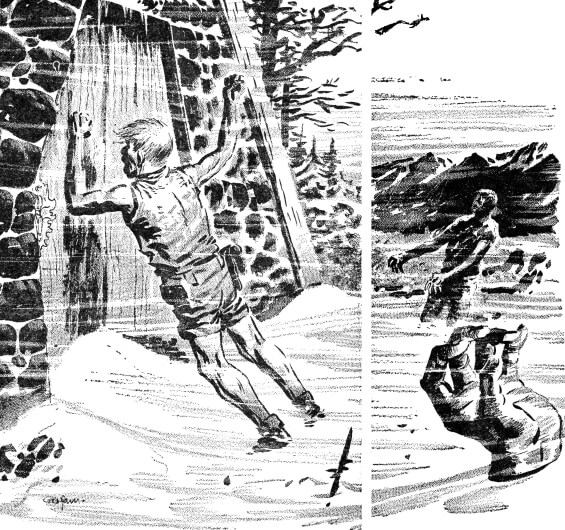
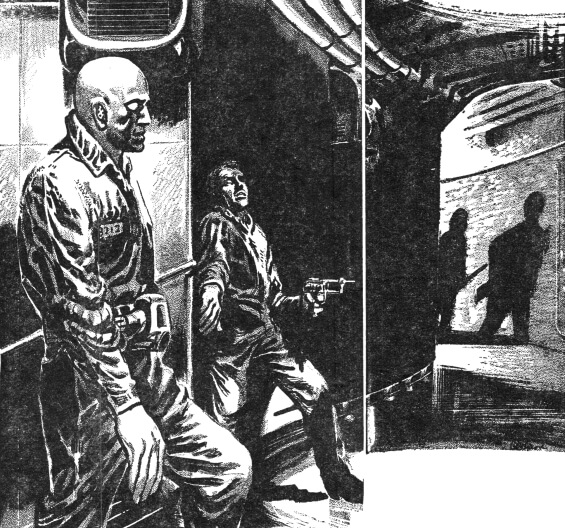
 Tunnel in the Sky
Tunnel in the Sky

